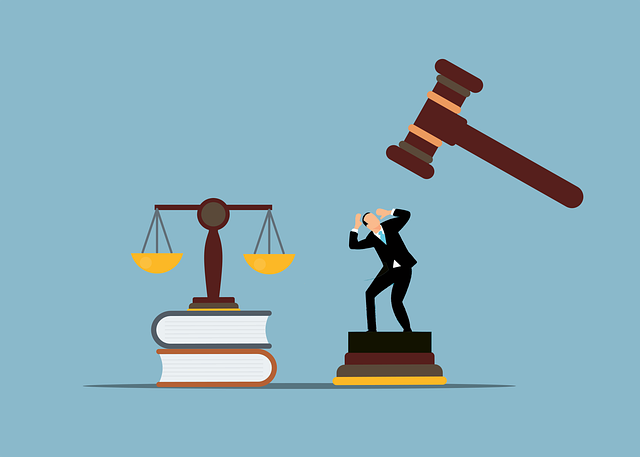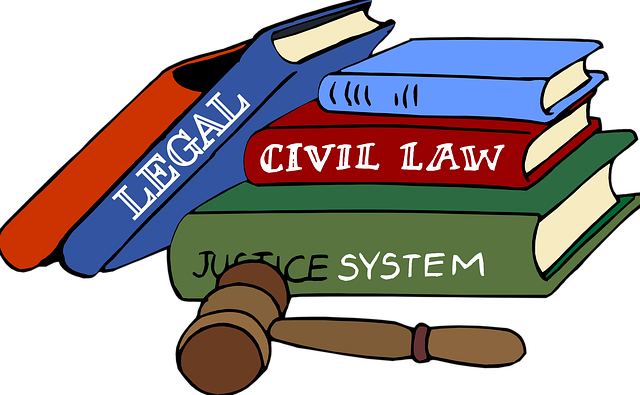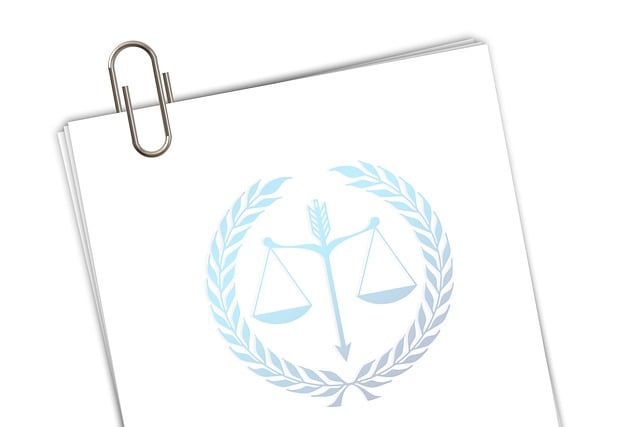Whistleblower Protection Lawsuits rely heavily on defense counsel's crucial role within criminal procedure, especially in high-stakes cases. These specialists guide clients through complex legal landscapes, protecting their rights and ensuring fair treatment during investigations. By leveraging their expertise, they enable whistleblowers to expose illegal activities without fear of retaliation, fostering transparency and accountability. The Role of Defense Counsel is pivotal for safeguarding client rights and achieving fair outcomes, particularly in white-collar and economic crime cases. Skilled representation empowers clients throughout the process, from jury trials, ultimately ensuring justice and preserving reputations.
“Whistleblower Protection Lawsuits: Safeguarding the Courageous Revelators In a world where corporate and governmental misconduct often goes undisclosed, whistleblower protection lawsuits play a pivotal role in ensuring justice. This comprehensive guide delves into the intricate legal landscape surrounding these cases, highlighting the critical role of defense counsel in protecting whistleblowers during criminal procedures. From understanding the legal framework to navigating common challenges, this article offers valuable insights for effective representation.”
- Understanding Whistleblower Protection Lawsuits: A Comprehensive Overview
- The Legal Framework: Key Laws and Regulations Governing Whistleblowers
- Defense Counsel's Role in Protecting Whistleblowers During Criminal Procedures
- Common Challenges Faced by Defense in Whistleblower Cases
- Best Practices for Effective Representation of Whistleblower Clients
Understanding Whistleblower Protection Lawsuits: A Comprehensive Overview

Whistleblower Protection Lawsuits are a critical aspect of ensuring accountability in organizations and government bodies. These legal actions protect individuals who expose illegal or unethical activities within their workplaces, often facing significant personal risks. Understanding this process involves grasping the crucial role of defense counsel throughout criminal procedure.
In high-stakes cases, where all stages of the investigative and enforcement process are under scrutiny, competent legal representation is paramount. General criminal defense attorneys specializing in whistleblower protection can guide individuals through complex legal territories, ensuring their rights are upheld. By employing strategic planning, evidence gathering, and knowledge of applicable laws, these experts play a pivotal role in navigating the challenges inherent in such lawsuits.
The Legal Framework: Key Laws and Regulations Governing Whistleblowers

Whistleblower protection lawsuits are governed by a complex web of laws designed to safeguard individuals who expose illegal or unethical activities within their organizations. Key regulations, such as the Whistleblower Protection Act (WPA) in the United States, aim to encourage employees to come forward with information about fraud, waste, abuse, and other misconduct without fear of retaliation. These laws provide a framework for whistleblowers to seek protection from employers and relevant authorities throughout all stages of the investigative and enforcement process.
The role of defense counsel in criminal procedure is crucial when it comes to navigating these legal protections. Skilled attorneys can help whistleblowers understand their rights, avoid wrongful indictment, and mitigate potential liabilities. By providing strategic guidance and robust representation, general criminal defense lawyers ensure that individuals exercising their whistleblower rights are properly supported throughout the process, balancing the need for transparency with fair treatment.
Defense Counsel's Role in Protecting Whistleblowers During Criminal Procedures

Defense Counsel plays a pivotal role in protecting whistleblowers during criminal procedures. Their primary objective is to ensure that their client’s rights are safeguarded, while also facilitating fair and just outcomes for all parties involved. In cases involving whistleblowers, Defense Counsel must navigate complex legal landscapes, often dealing with sensitive information and high-stakes charges, such as white collar and economic crimes.
A key aspect of this role is guiding clients through the process to avoid indictment and secure a complete dismissal of all charges. This involves meticulous strategic planning, thorough investigations, and aggressive advocacy. Defense Counsel must be adept at handling confidential disclosures, balancing the need for transparency with the obligation to protect their client from potential retaliatory actions. By leveraging their expertise in criminal procedure, they help whistleblowers defend against accusations, preserve their reputation, and ensure their safety during what can be a challenging and stressful period.
Common Challenges Faced by Defense in Whistleblower Cases

Whistleblower protection lawsuits present unique challenges for defense attorneys, especially when considering the broader implications for both corporate entities and individual defendants. One significant hurdle is navigating complex legal landscapes, where the line between protected disclosure and criminal activity can be ambiguous. Defense counsel plays a pivotal role in Criminal Procedure by helping to unravel these complexities and ensuring fair representation. They must carefully examine facts, interpret applicable laws, and strategize arguments that protect their clients’ interests while also upholding the integrity of the justice system.
Another common challenge is countering public perception and media scrutiny, which often paint whistleblowers as heroes and defendants as wrongdoers. This dynamic can influence potential jurors across the country, making it difficult to secure impartial trials. Effective defense strategies in these cases require a delicate balance between challenging evidence, presenting alternative narratives, and appealing to the rationality of juries while also addressing the concerns of philanthropic and political communities affected by the disclosures.
Best Practices for Effective Representation of Whistleblower Clients

Effective representation of whistleblower clients involves a strategic approach that leverages the unique role of defense counsel in criminal procedure. Defense lawyers play a crucial part in protecting individuals who come forward with information about illegal activities within their respective businesses. Best practices include ensuring client confidentiality, maintaining robust communication channels, and thoroughly understanding the legal landscape relevant to whistleblower protections.
By mastering these strategies, attorneys can provide powerful advocacy for their clients, guiding them through complex processes like jury trials. Through meticulous preparation, skilled defense counsel can help ensure a fair outcome for whistleblowers, allowing them to expose corporate wrongdoing without fear of retaliation, and thereby fostering a culture of transparency and accountability.
Whistleblower Protection Lawsuits play a crucial role in ensuring individuals can come forward without fear, thereby fostering transparency and accountability. By understanding the legal framework, recognizing common challenges, and adopting best practices, defense counsel can effectively navigate these complex cases. The Role of Defense Counsel in Criminal Procedure is pivotal; they must balance protecting their client’s rights while upholding the integrity of the justice system. Through diligent representation, lawyers can help whistleblowers find their voice without compromising fairness or exposing sensitive information.






